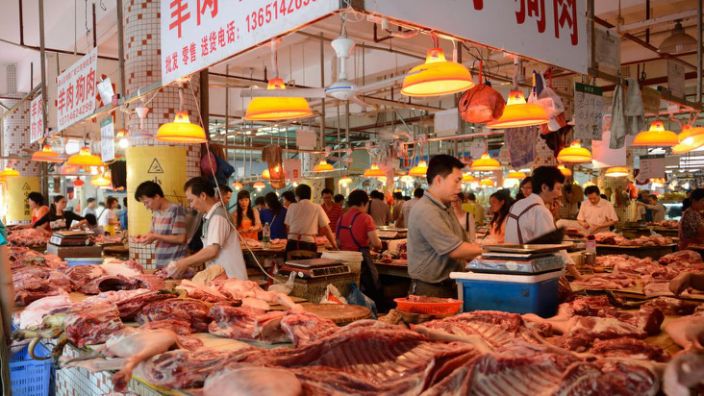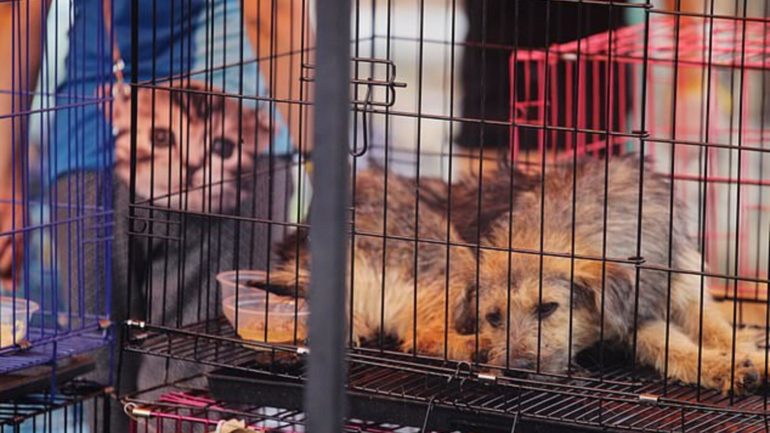A south-eastern city in China is leading way when it comes to setting unprecedented change in the face of COVID-19 pandemic. Most population around the world know of Chinese cuisine to consist of various kinds of exotic meats.
Now with the spread of coronavirus from Wuhan, many places are rising up towards the concern that eating exotic meats possess. In a move that many animal rights activists will welcome, Shenzhen bans the sale and consumption of dog, cat and other exotic meats.

What’s In It?
Starting from the 1st of May, Shenzhen is extending the ban on selling and consuming of dogs, cats, and other exotic animals. It is being estimated that almost thirty million dogs are killed every year in Asia, according to Humane Society International (HSI). However, it might be of a surprise to many that the practice of eating dog meat in China is not that common.

Addressing Reuters, the city government said, “Dogs and cats as pets have established a much closer relationship with humans than all other animals, and banning the consumption of dogs and cats and other pets is a common practice in developed countries and in Hong Kong and Taiwan.” Praising this initiative, Dr. Peter Li, China policy specialist for HSI said, “This really could be a watershed moment in efforts to end this brutal trade that kills an estimated 10 million dogs and 4 million cats in China every year.”

Also Read: This Is How The Great Wall Of China Still Stands Strong Thanks To Sticky Rice
What’s More?
While on one side, we rejoice to this news, the other side of the coin speaks of disturbing trends. In a recent ruling, the Chinese government has approved the use of bear bile to treat coronavirus. Bear bile essentially is a digestive fluid that is drained by capturing living bears. This process has long been used in traditional Chinese medicine but in reality, has no scientific proof to combat COVID-19. However, one thing is certain, this process is extremely painful for the animal in question. Brian Daly, a spokesman for the Animals Asia Foundation, told AFP: “We shouldn’t be relying on wildlife products like bear bile as the solution to combat a deadly virus that appears to have originated from wildlife.” Well, we are pleased with the fact that Shenzhen would not be selling exotic meats anymore, and we hope other cities in China follow suit. Did you know Divorce Rates In China Rise As Couples Spend More Time Together In Isolation Amidst Coronavirus Outbreak?
First Published: April 03, 2020 6:06 PM




